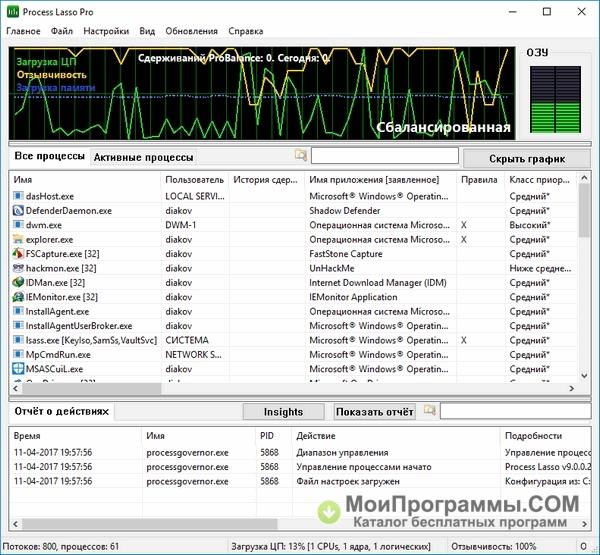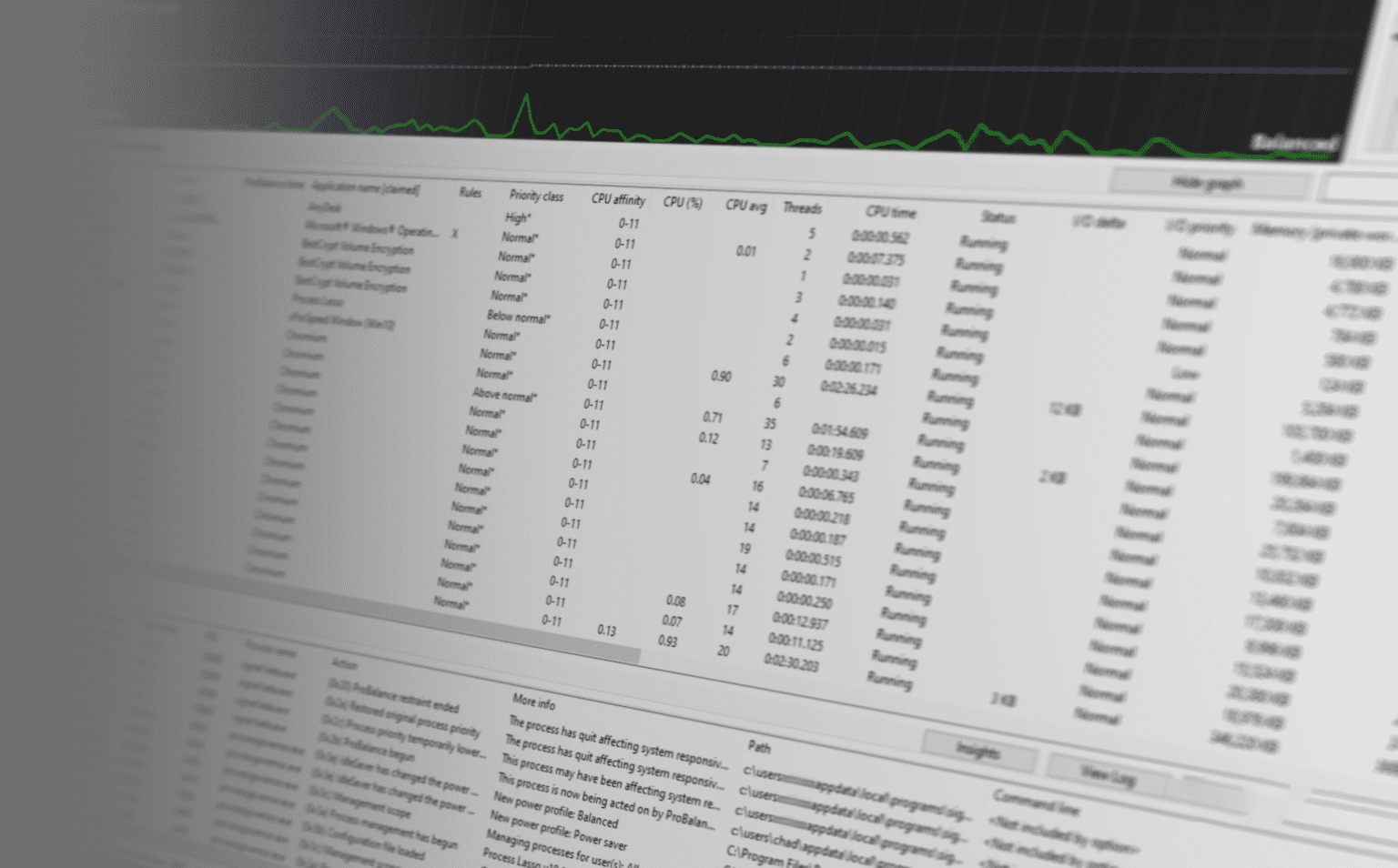
(2013) introduce and study the Group Square-Root Lasso (GSRL) method for estimation in high dimensional sparse regression models with group structure. (2014) proposes the nonnegative-lasso method for variable selection in high dimensional sparse linear models with the nonnegative constraints on the coefficients. (2013) study penalized regression and risk prediction in genome-wide association studies by lasso.

Zou and Zhang (2009) research the adaptive elastic-net with diverging number of parameters. Wasserman and Roeder (2009) doing variable selection in the high-dimensional models, and consider three screening methods: the lasso, marginal regression, and forward stepwise regression. The technique is also extended to the ‘hinge’ loss function that underlies the support vector classifier. (2005) proposed the ‘fused lasso’, the fused lasso penalizes the L 1-norm of both the coefficients and their successive differences. An algorithm called LARS-EN is proposed for computing elastic net regularization paths efficiently, much like algorithm LARS does for the lasso. Zou and Hastie (2005) propose the elastic net, real world data and a simulation study show the elastic net often outperforms the lasso. Because algorithm of LARS is very fast, making the method of lasso is popular in the world. (2004) propose a new model selection algorithm, called Least Angle Regression (LARS) a simple modification of the LARS algorithm may implement the lasso. Knight and Fu (2000) research asymptotic for lasso-type estimation. Fan and Li (2001) propose SCAD that the penalty functions is the smoothly clipped absolute deviation. The lasso estimate has ‘soft threshold’ estimator by Donoho and Johnstone (1994). It shrinks coefficients and set others to 0, and hence tries to retain the good features of both ridge regression and subset selection. We have two presidents who arrive with strong commitments: Colombia's president talking about zero oil, and Lula talking about zero deforestation, Silva added.Tibshirani (1996) propose a new technique, called lasso. ∾ach country has its own dynamics, we do not work with the imposition of thought, it is a process of progressive consensus, Silva also said Monday.Ĭolombian President Gustavo Petro's defense of an Amazon economy without oil also clashes with the reality of producing countries such as Venezuela and Brazil, which even has in its sights a new and controversial exploratory frontier in front of the Amazon River delta.
Process lasso 2009 full#
To reach this point would mean that the rainforest has lost its full capacity for regeneration and is irreversibly heading towards its transformation into a savannah, a fact that would have terrible consequences for the region, Brazil's Environment Minister Marina Silva underlined while specialists already claim this process of savanization is already being observed in some areas of the ecosystem, based on the behavior of certain animal species. There is an understanding among all the presidents that the Amazon cannot reach the point of no return. On Tuesday, the leaders will share their views on this vast territory of 6.3 million square kilometers, home to the world's largest watershed and home to some 50 million people living in precarious situations. The world needs to see this meeting as a historic framework for the discussion of the climate issue, said Brazilian President Luiz Inácio Lula da Silva in the days leading up to the meeting.Īccording to Brazilian sources, the so-called Belém Declaration, which was being finalized Monday, will consist of some 130 points and will include a plan to conserve the standing forest.

The summit comes at a time when the Amazon forest is undergoing a serious crisis: high deforestation rates, illegal mining, the growing presence of drug trafficking, and harassment of indigenous peoples are some of the main concerns of member countries.

All heads of state are expected to attend the event, except Ecuador's Guillermo Lasso and Suriname's Chan Santokhi, who declined the invitation for internal political reasons. It will be the fourth such gathering and the first since 2009 for this bloc created in 1995. Leaders from Bolivia, Brazil, Colombia, Ecuador, Guyana, Peru, Suriname, and Venezuela, which make up the Amazon Cooperation Treaty Organization (ACTO) are to convene Tuesday and Wednesday in Belém, the capital of the Brazilian state of Pará to discuss a new development model to put an end to the cycle of destruction that is devastating the largest tropical forest on the planet. We have two presidents who arrive with strong commitments: Colombia's president talking about zero oil, and Lula talking about zero deforestation, Silva added


 0 kommentar(er)
0 kommentar(er)
